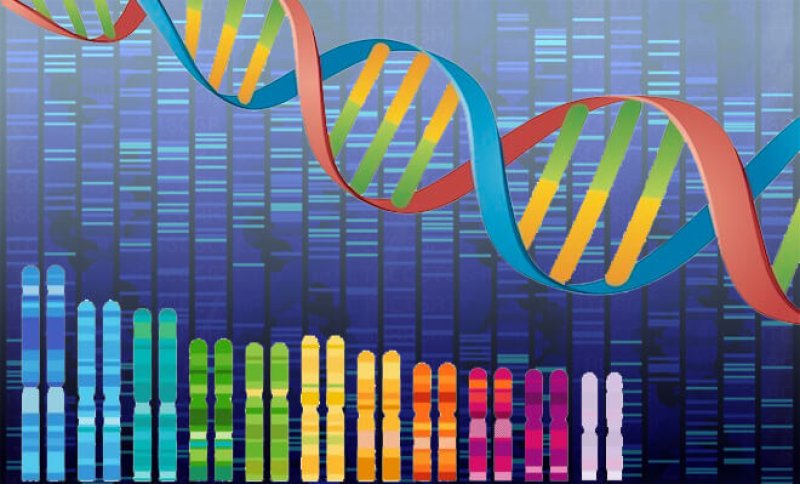The sequence of an organism’s genome, a staple in today’s world of scientific experimentation, is as essential to scientific research as beakers. So, publishing over one thousand new bacterial genomes is like ‘making it rain’ to the microbiology research community.
An article entitled “1,003 reference genomes of bacterial and archaeal isolates expand coverage of the tree of life” was published [recently] in the journal Nature Biotechnology by an international research team led by the US Department of Energy’s Joint Genome Institute. This release effectively doubles the number of currently available bacterial and archaeal genomes available to researchers currently.
…
Since sequencing has become so fast and cheap, this may not seem like huge news. However, bacterial genomes are generally only focused upon when they have clinical significance. In fact, in 2015, 43 percent of the bacterial genome sequences that were available came from ten bacterial species, all of which are pathogenic to humans. Given the amount of bacterial diversity that exists, this resulted in highly skewed and unbalanced information with many knowledge gaps.
Now we have a huge amount of new information becoming available, including previously unassigned proteins and gene clusters.
The GLP aggregated and excerpted this blog/article to reflect the diversity of news, opinion, and analysis. Read full, original post: All Of A Sudden, It’s Raining Genomes































